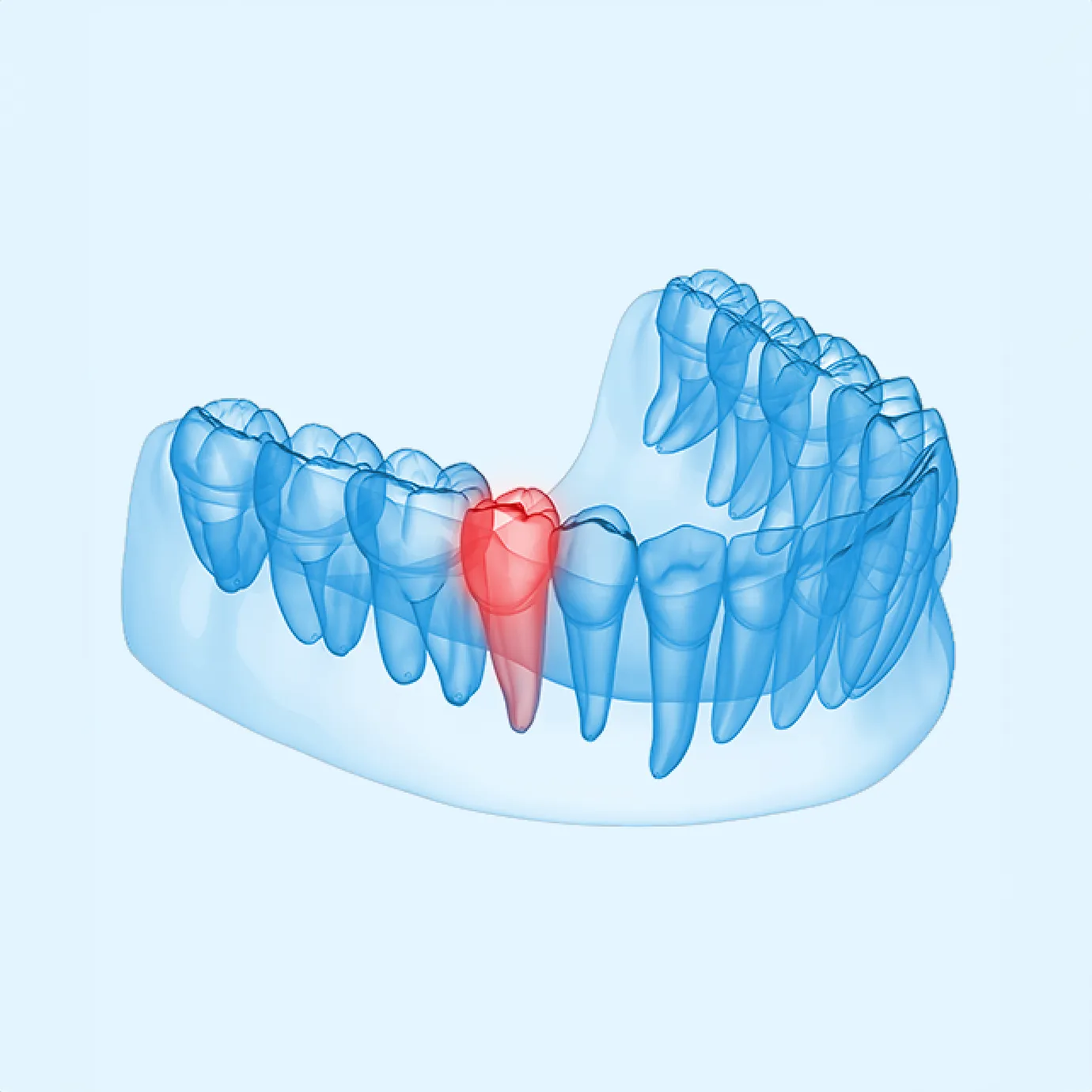Often caused by tooth decay, a cavity, or a crack in the tooth. The pain may occur when biting or eating something sweet.
Painkillers might provide short-term relief, but they can’t fix the root cause. Ignoring this pain can lead to infection or further damage.
A filling for cavities or dental bonding for cracks. If the decay has progressed, a root canal may be necessary.
Modern techniques make treatments painless. Our experienced specialists will walk you through every step to ensure you feel at ease.


This is often a sign of an infection or an abscess. You may notice swelling, tenderness, or even a bad taste in your mouth.
Painkillers might dull the discomfort, but only a dentist can treat the infection. Untreated abscesses can spread to other parts of the body.
Draining the abscess, antibiotics to fight infection, and potentially a root canal to save the tooth.
Our dentists have over 300 years of emergency dentistry combined and we are the longest standing emergency dentist service in London. For more complex cases, you may be seen by Professor Francesco Mannocci, Head of Endodontics at King’s College London, ensuring world-class care.
Tooth sensitivity may result from enamel erosion, gum recession, or an early cavity.
Desensitising toothpaste can help temporarily, but recurring sensitivity requires professional evaluation.
Fluoride treatments, dental bonding for exposed roots, or a filling to stop decay.
These treatments are quick, non-invasive, and designed to make you comfortable.


Likely caused by a cracked tooth, a loose filling, or decay under a crown.
Avoid chewing on the affected side and seek dental care immediately to prevent worsening the issue.
Repairing or replacing the filling/crown, or performing a root canal for more advanced damage.
Our specialists explain each step in simple terms, making even complex procedures stress-free.
Can be due to impacted wisdom teeth, TMJ disorders, or referred pain from an infection.
Apply a cold compress for swelling and book an emergency appointment to identify the cause.
Wisdom tooth removal, TMJ therapy, or antibiotics for infections.
Our oral surgeons ensure quick, precise procedures with options for sedation if needed.

We’re offer true, 24/7, round-the-clock emergency dental services for anyone in London or for visitors. Whether it’s 2 PM or 2 AM, you’ll always find the care you need.
We welcome walk-ins (call us if it’s after 11p.m.)
We actively treat you from your 1st visit
Where possible, there’s a minimal or no wait time at all.
There are more reasons to come to us than you can even imagine. Here are just three of them:
Longest Standing: We are the longest standing emergency dentistry in London with true 24/7 dental service
Experienced Leadership: Our Principal Dentist, Dr Boulis recently completed his 1000th dental trauma case.
Star Team: A quick glance over our team will tell you that we have some of the best specialists not only in London, but in the world!
Our team includes highly experienced specialists, such as:
Oral Surgeons: Experts in surgical procedures like tooth extractions.
Prosthodontists: Specialists in restoring missing or damaged teeth.
Endodontists: Experts in saving teeth through advanced root canal therapy.
Painkillers can provide temporary relief for minor inflammation or irritation, but they can’t address serious issues like decay, infections, or fractures. Here’s what you need to know:
When They Work: Painkillers can help with mild pain or after a dental procedure.
When They Don’t: Persistent pain, swelling, or signs of infection require professional treatment. Painkillers only mask the symptoms temporarily.
If painkillers aren’t working, it’s a sign you need immediate dental care.
At our clinic, we believe in providing immediate relief and a permanent solution to your dental pain.
First Appointment Treatment
Unlike other clinics, we won’t just consult—you’ll receive active treatment during your first visit.
Specialist Care
From oral surgeons to prosthodontists, our multi-specialist team ensures the best outcomes for every issue.
Relaxed Environment
Our dentists are experienced in working with nervous patients, using gentle techniques and sedation options to ensure your comfort.
If pain is linked to a cavity or more widespread decay, decayed tissue will be removed from the tooth and then the tooth will be filled to prevent the spread of infection and reduce the risk of damage.
If a tooth is chipped, it is often possible to restore it using a technique known as composite bonding. This involves placing a small amount of dental composite, a tooth-coloured material, to the tooth to reshape and strengthen it. If the tooth is cracked, the best option may be to fit a new crown. Crowns are also known as caps, as they are placed over the top of the existing tooth structure.
If the tooth is infected, and the infection has reached the pulp tissue, the living part of the tooth, antibiotics may be recommended. It may also be advisable to carry out root canal treatment, which involves removing decayed pulp tissue from the root canals and then cleaning and sealing the tooth. A new crown may also be placed.

Sometimes, dental pain comes and goes without causing too many problems, but we strongly recommend getting in touch with us in the following cases:
If you’re suffering from tooth pain in London, don’t hesitate to give us a call.
If you’re looking for a cosmetic dental treatment, please visit Baker Street Dental’s Website.